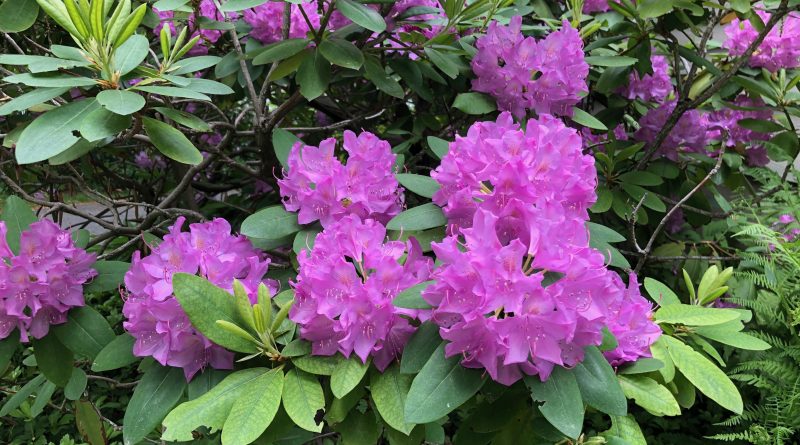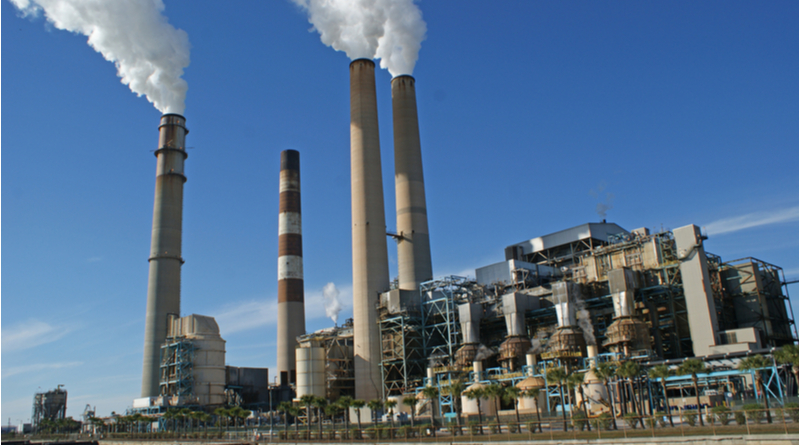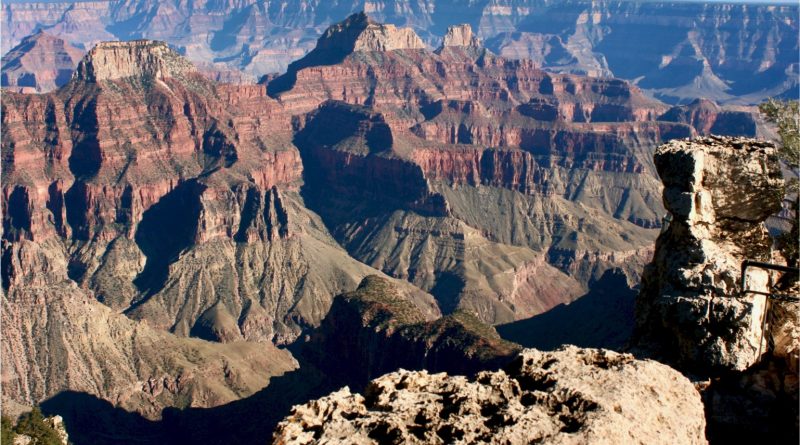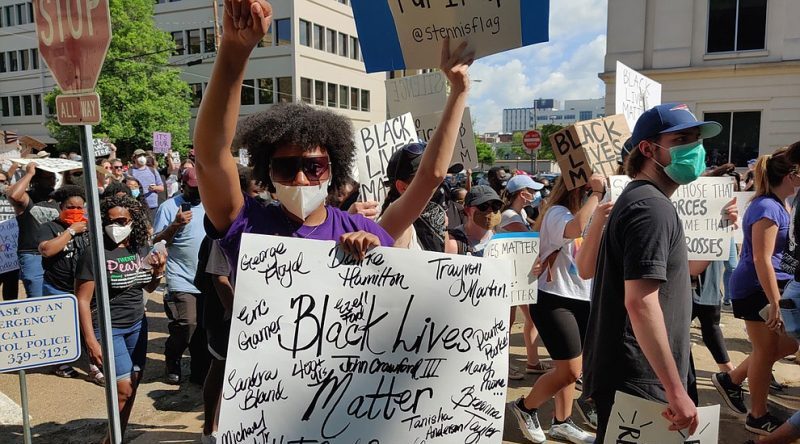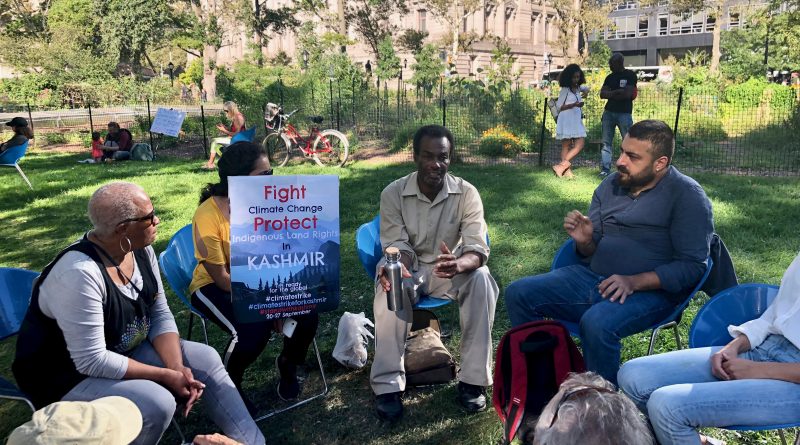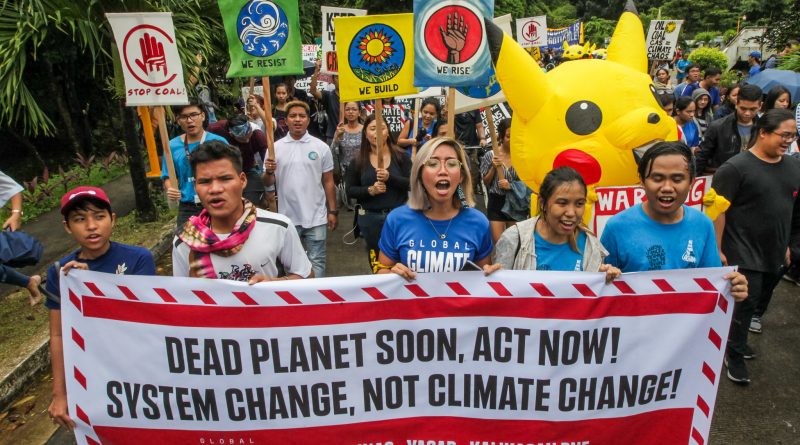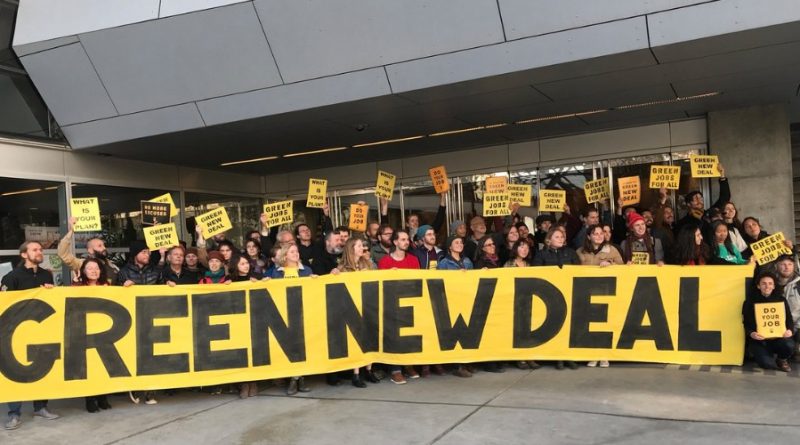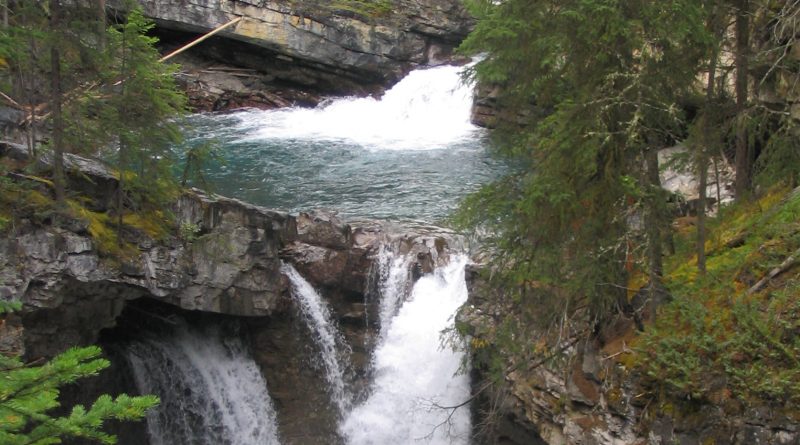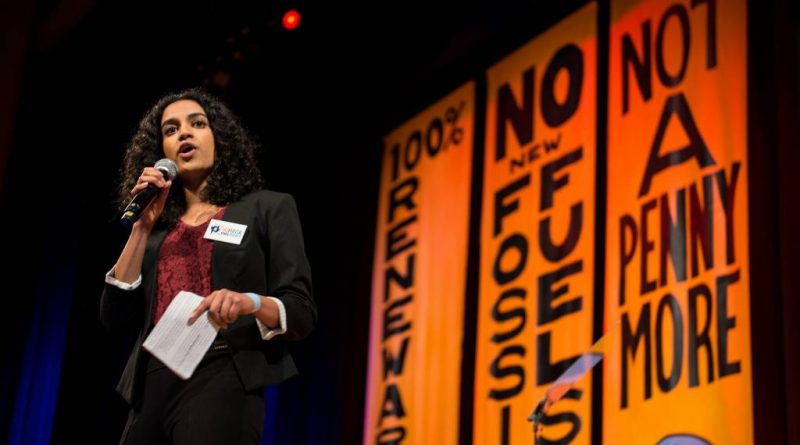A Conversation with Isioma
Last week, through the wonders of Zoom, I had the opportunity to meet and talk with Isioma, a Black woman in Lagos, Nigeria. She told me that the rains that traditionally fall reliably at this time of year in her country are not falling and that disaster looms for farmers and cattle herders. She said that because of drought many grazing lands have been exhausted. Conflicts are arising as herders seeking dwindling reserves of pasture clash with farmers and each other. She shared her sadness that so many Nigerians have been made homeless by the effects climate change. She called them “refugees within their own country.”
I’ve read about these things in news reports, but it was a new experience for me to be sitting in comfort in my home in the United States developing a friendship with this woman, while she was in Nigeria experiencing climate disaster firsthand. I began to think about the fact that my country, the United States, has played a big role in causing the suffering being experienced around her. Cumulatively the U.S. has emitted more climate-change-causing greenhouse gases than any other nation.
Just as I was pondering the responsibility of the U.S., she said to me, “I don’t think we can stop climate change without doing something about racism. The wealthy white nations don’t care what happens to us. It’s racism that makes them not care.” Even though I’ve made similar statements myself, it cut right to my core to hear it directly from her. I’m still shaken by it.
Read more